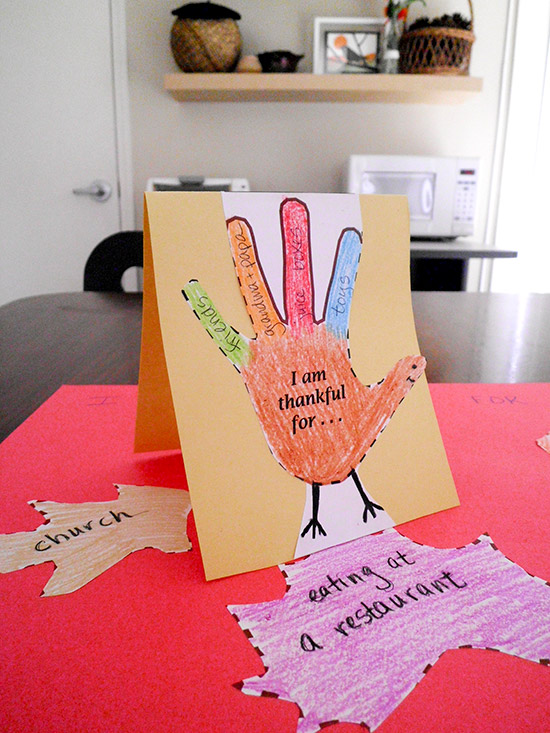Recently, my two-year-old son has developed a fascination with devices that glow and beep. And I’ve suddenly realized that I have to decide how I’m going to teach him to use the world of electronic devices that are at his fingertips. My own enjoyment of technology makes this an exciting task, but my knowledge of the pitfalls of using these tools has resulted in careful consideration of how to approach this aspect of parenting. Several ideas come to mind as I think about training my son to use technology wisely.
1. Treating People as More Important
First, I need to teach him that the people he is with are more important than whatever he can do on a screen. Christ taught the importance of other people in Luke 10. After a lawyer confirmed the law’s demand to love one’s neighbor, he asked Christ who his neighbor was. Christ clarified by telling the story of the good Samaritan, showing that our neighbors are those around us. In this area, I need to lead by example.
When I go to the park, I often see parents sitting on a bench, absorbed in their phones, while their young kids yell out, “Hey, Dad, look at me!” or “Hey, Mom, watch this!” The temptation to check my e-mail or even try to get things done just because I always have my phone with me could ruin opportunities to interact with my son or others. If he sees me focused on him or the other people around me instead of my phone, he will learn that the people around him are important.
2. Observing the Real World
I also need to teach him to learn by observing the world around him. Technology can aid in this observation. There’s an abundance of apps that allow us to learn details about the night sky and videos about fascinating aspects of nature. I can use these to assist, but I should also point him to nature off the screen as well. We could go on a nature walk or a hike. I can point out the little details I notice as we’re walking around outside or working in the yard. I can help him develop a lifelong habit of seeing God’s handiwork all around him and praising God for His great creation.
3. Using Time Wisely
Finally, I need to teach him to use his time wisely. Because he’s only two now, that probably means my regulating how much time he spends in front of a screen in comparison to playing with toys that build developmental skills or sitting in my lap reading books. As he gets older and has the ability to choose whether to read or play or use an electronic device, I plan to set some limits on how much time he spends in front of a screen. One good suggestion I’ve heard is to allow him to earn screen time by reading for a period of time; this will help him balance how he spends his free time.
I’m excited about the opportunity to teach my son how to wisely use the fascinating tools available to him. Each of us who works with children has the responsibility to help train them to use technology for the glory of God.
In your experience, what’s another lesson that’s important to teach children about using technology?
• • • • •
Andrew enjoys helping others use technology in a way that glorifies God. He and his wife help with the children’s ministries at their church. Along with their three sons, they like to read together about other people’s adventures and then go out and have their own.


